Helping the Traumatized: A Profile of Cara Simonetti
As you walk into Cara Simonetti’s house, you will first hear her small dog, Dini (short for Houdini) bark as he runs as fast as his tiny legs can go. He’s old but still energetic. Then comes her son, Holden and, on this particular day, another boy who was over for a playdate. Holden is shy around most people, and even though I’ve known him for his whole life, he still hides behind his mom, who at this point, is apologizing for both the mess and the neighbor boy being noisy.
Further in, the living room has many toys strewn about, dinosaurs, trucks, and many different Godzilla toys, all used to their capabilities and then tossed aside. Cara manages to get the kids to calm down enough to start making a pizza with her husband, Eric. She guides me downstairs, laughing and apologizing again at the mess in the basement. Her cat Drago lays next to us, almost like he’s listening, and then, we begin.
Cara is a lawyer who works for a non-profit firm called Legal Services of the Hudson Valley. Known better as simply LSHV, the organization provides civil legal services to low-income families or individuals in the Hudson Valley. She works with people who are all domestic abuse or sexual assault survivors as well as providing immigration assistance.
But Cara’s journey to LSHV started out years ago, literally in the streets. She started out clerking for a family court judge in New Jersey, where she was able to first learn about family court, then she started working for Help USA. She went to homeless, domestic violence, and family shelters. “I was actually going out to the shelters and stuff and talking to people and hearing about their barriers to housing,” she said. “That’s where I really started seeing the survivors and their children as [a career] that maybe would be a good fit for me.”
“People say that they’re against domestic violence, that they’re against it as a whole, but then when it comes down to it, they will find reasons to either not believe the clients, that it is happening in the home, or that the circumstances that are accepted are so elastic that they will make accommodations for it.” Dealing with an area such as this comes with a lot of complications and difficulties, since many people have different definitions for trauma and abuse, and sometimes it is a struggle to convince people that what they’re suffering is domestic abuse. When I asked if that happens often — that people don’t believe the client — she immediately responded “all the time.” Cara said if the client doesn’t at first fit the definition of “the perfect victim,” people don’t want to believe that abuse is occurring. And people don’t want to face the fact that it happens so often, because then it becomes personal.
Doing the job of someone who hears about hundreds of different people’s stories of abuse comes with a lot of stress. Cara described it as frightening. “It’s also scary because you see this person who you’ve been working with and grown to care for and you just want the best outcome for them and you want the best outcome for them but you can’t control it, you can just do your best and see the outcome.”
The hardest part of the job, in her opinion, is making sure you don’t get too attached. “It’s figuring out how to be a great advocate for your clients without falling into vicarious trauma yourself.” She did caution, though, against one of the pitfalls of the career. “You don’t want to go so far into that direction that you start phoning it in.” Many lawyers struggle in personal cases like the ones Cara sees, where you get to know the person, but you have to remain analytical to keep up the best argument you can to ensure they get the best outcome.
A job involving many types of people will inevitably affect how one sees other people. Cara describes it in two ways. “I am amazed at how much struggle some people have and how they are able to be so strong and just get through it and be the best that they can.” On the other hand, there is a more negative side. “Sometimes it is amazing to me how many people are walking around our community seemingly normal, and for some reason, they could have their own trauma, but they are monsters. They are driving your Lyft, they are coming into your house to fix your heater. People who hurt their families are among us every day.”
While working with domestic abuse survivors can show you how much people are capable of overcoming, it also shows just how many people are out there that are abusers. Many people don’t want to admit that abuse happens often. On average, Cara reminds us that nearly 20 people per minute are physically abused by an intimate partner in the United States.
“You want people to be able to access the system, you want them to come forward and get safety, you want it for the adults, you want it for the children.” With the increase in accessibility to programs done by Cara’s firm and other domestic abuse hotlines and safe houses, more people are opening up about what’s happening and are seeking help. With increased accessibility to Spanish speaking people and people who speak other languages, it becomes much easier for people who feel like they have to deal with it alone, to get help.
Many people are becoming more open with themselves, enough to admit that there is a problem that can be solved by asking for help and that there will always be people who make it their job and goal to make sure that the people in need get the most help they can.


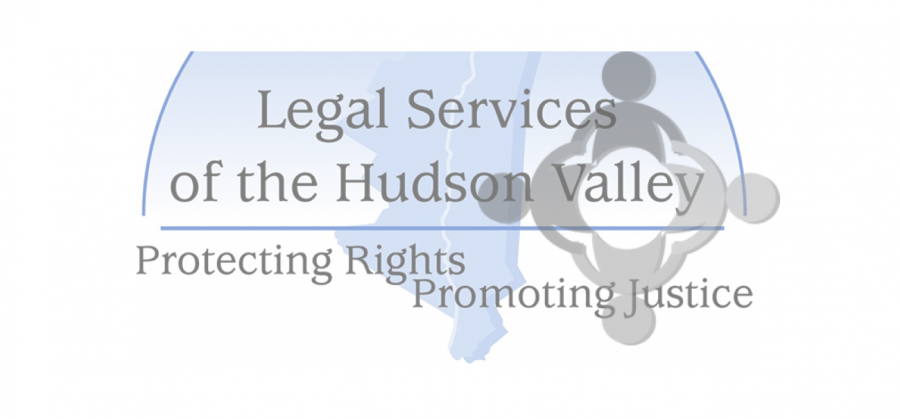

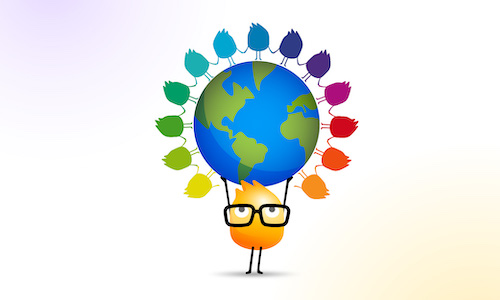
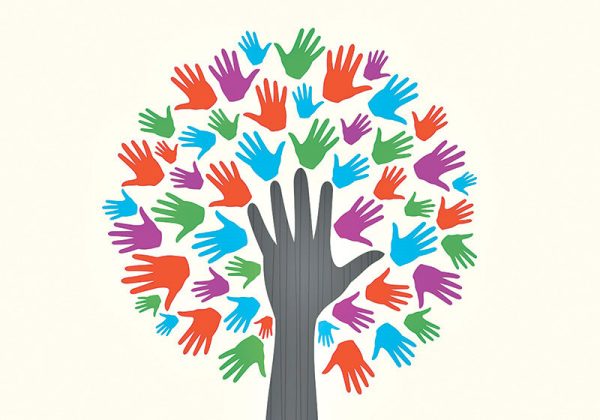
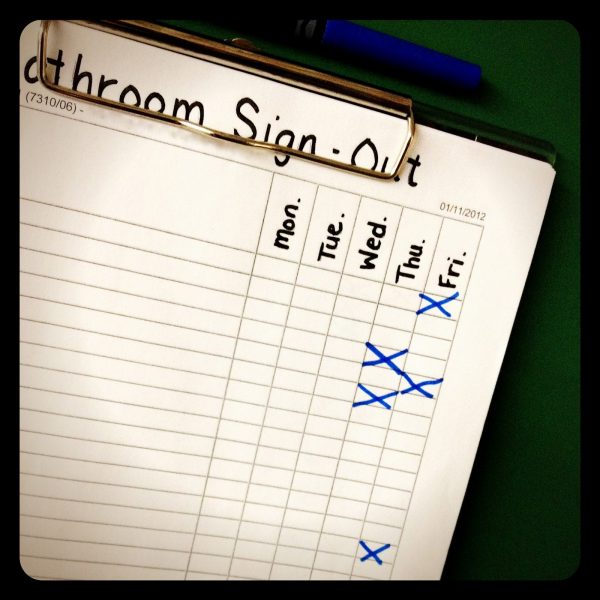
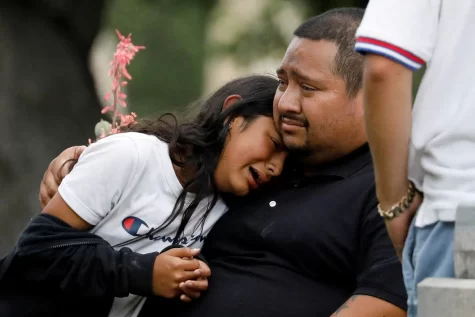
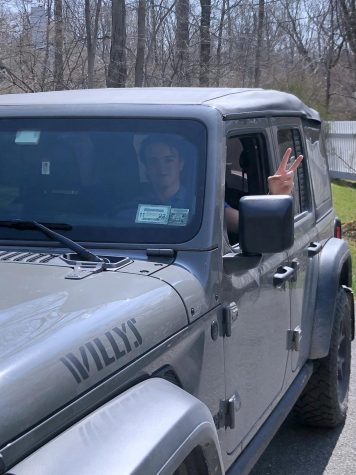
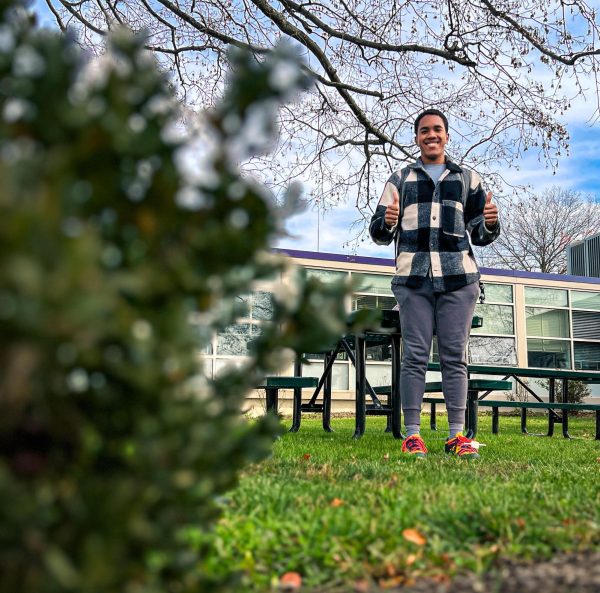
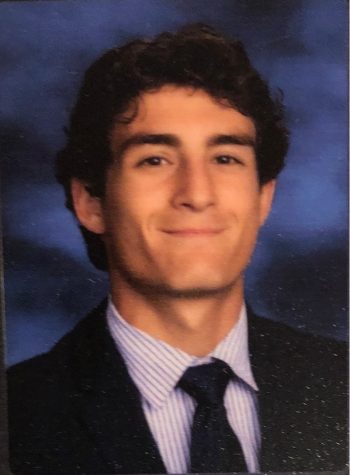
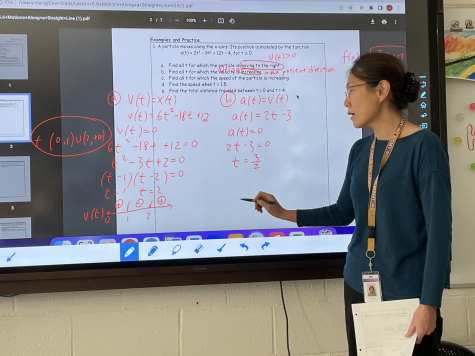
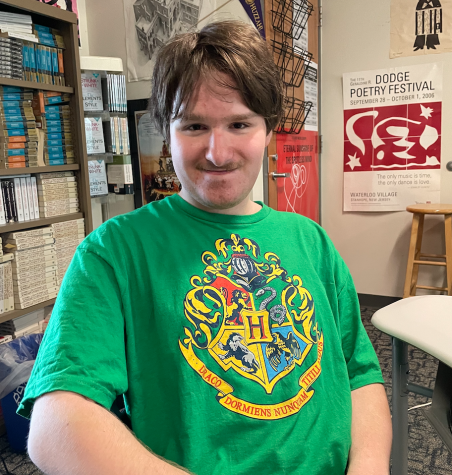
Elizabeth Corwin • Feb 7, 2020 at 5:02 pm
excellent article!